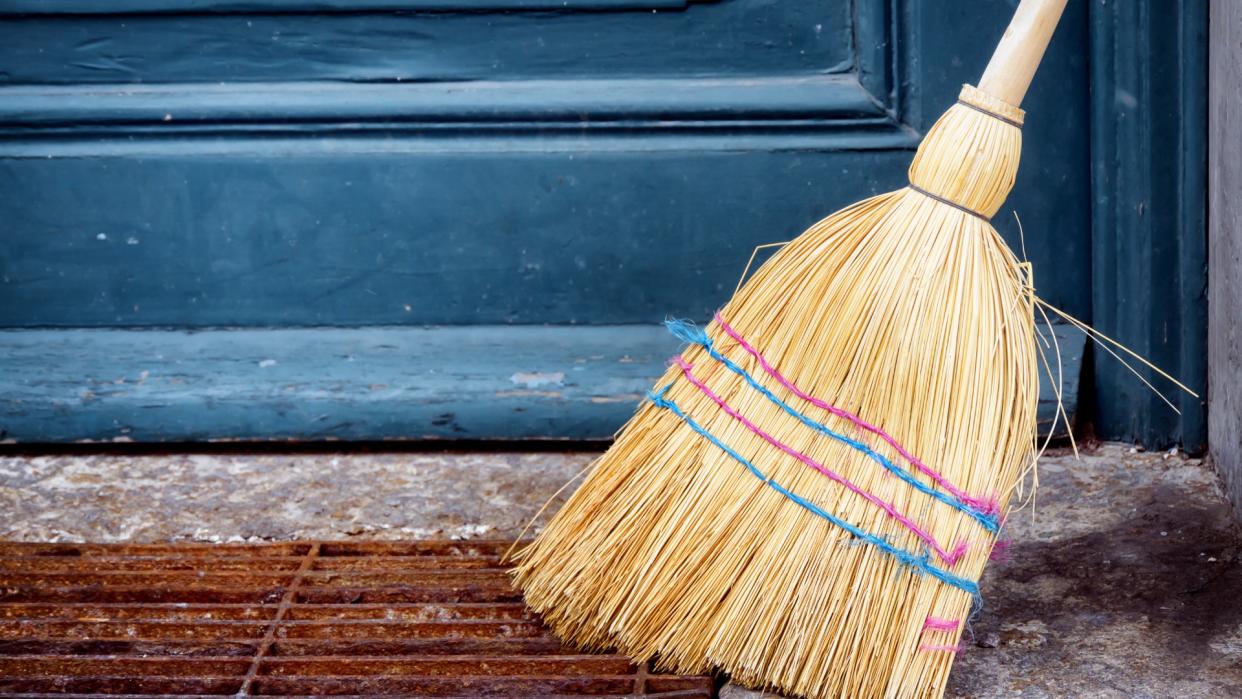How To Spring Clean Your Budget

Spring cleaning is all about organizing — about clearing out the old and starting fresh in the new season. While we associate spring cleaning with ditching unused household items and piles of old clothes and scrubbing the kitchen to give it a lemon-fresh smell, it isn’t limited to stuff around the house. You can spring clean your budget, too.
See: 25 Things You Should Never Do With Your Money
Spring is a perfect time to reset your finances, now that the Christmas bills are paid off and you’re knee-deep in paperwork and records because of tax season. Investing a few hours in reviewing your budget will give you a better picture of where you stand financially. You probably will discover that you’re spending money on things you don’t even want. And if you don’t adhere to a monthly budget, now’s a perfect time to create one.
Living under the cloud of the pandemic for the past year taught all of us one thing: Our income streams can change in a moment. Spring cleaning your finances will allow you to better react to future emergencies by eliminating the non-necessities and finding ways to save. In fact, as you clear out expenses each month, reinvest the money in yourself by putting it into a savings account.
Keep Reading: How To Save Money During COVID-19
“As this pandemic has taught a lot of people, we have to make sure we have enough saved in case we lose our jobs or can’t work for an extended period of time,” said Evan Press, the managing partner at Pacific Coast Wealth Strategies. “Sometimes people get too comfortable with their spending and assume that next paycheck is guaranteed. Until you have a good six months of expenses in savings it may be time to cut out the unnecessary items.”
Reconsider Subscriptions and Streaming Services
Start by looking over your credit card bills and bank statements to see what you’re paying for streaming services, memberships and other subscriptions. Chances are that when you began to spend more time at home in the pandemic, you subscribed to things you didn’t have before. Do you still use them?
Find Out: Old-School Money Advice You Shouldn’t Follow Anymore
“With technology making it easier to spend money online, learning how to cancel subscriptions — and manage the money you spend on your favorite ones — is just as important as being discerning about hitting ‘subscribe’ in the first place,” said Lauren Anastasio, a certified financial planner at SoFi.
So agreed Ilian Georgiev, the CEO of Charlie, an app that helps people to get out of debt.
“If you are not using some of them at least once a month, they are probably worth canceling,” he said. “If you are still using them, don’t feel guilty — you are getting a great deal in terms of entertainment per dollar.”
Pay Off Your Credit Cards
Paying off your credit card debt results in a second big payoff — to yourself.
“Pay down as much as you can on your credit cards,” Georgiev said. “Think of it as a huge investment. It’s like getting a return of 16% to 20% per year — or whatever your interest rate is — guaranteed, which is a way better investment than the stock market. If you ever need the money again, you now have credit card balance available.”
Keep Reading: 10 Ways To Bounce Back From a Heavy Spending Month on Your Credit Card
Press concurred. “Unless you can pay off a credit card in full each month then stop using them. You are better off using cash until you can get a hold of your spending,” he said. “Interest rates on credit cards that aren’t paid off each month can have a huge negative impact on budgets and finances. They create a tremendous amount of extra money being paid out of your pocket. The last year has shown us that debt and lost income is a double whammy. You may not be able to control a potential layoff but you can control your spending.”
Negotiate Better Rates
You’re used to paying a certain amount each month for your cellphone, your internet service, your newspaper subscription, insurance and such — but you don’t have to. By calling your provider, you often can negotiate a lower rate, and it doesn’t hurt to compare prices when competing companies exist.
More: Already Struggling With Your 2021 Money Resolutions? How To Stay On Track
“Shopping around for your home and auto insurance can save you hundreds a year if you haven’t price checked in some time,” said Elle Martinez, the founder of Couple Money. “Asking for any and all discounts you qualify for can uncover some deals. Years ago, we saved half on our car insurance because Costco had a program with the company.”
Keep Up the Good Work
Once you’ve fine-tuned your budget, paid down debt and designed a savings strategy, don’t stop.
“Keep a close eye on your finances by utilizing digital platforms,” said David Tyrie, the head of digital at Bank of America. “Through your bank’s mobile app, you have 24/7 access to your accounts and can monitor activity anytime, anywhere. Once you’ve done a good ‘spring clean’ of your finances, you can also use mobile apps to evaluate your goals for the months ahead. … Whether it’s planning for big events, making small changes or facing the unexpected, tracking tools can help you prepare.”
More From GOBankingRates
If You Get a Stimulus Check, How Will You Use It? Take Our Poll
Navy Federal Platinum Credit Card Review: Great for Balance Transfers and More
Last updated: March 8, 2021
This article originally appeared on GOBankingRates.com: How To Spring Clean Your Budget
